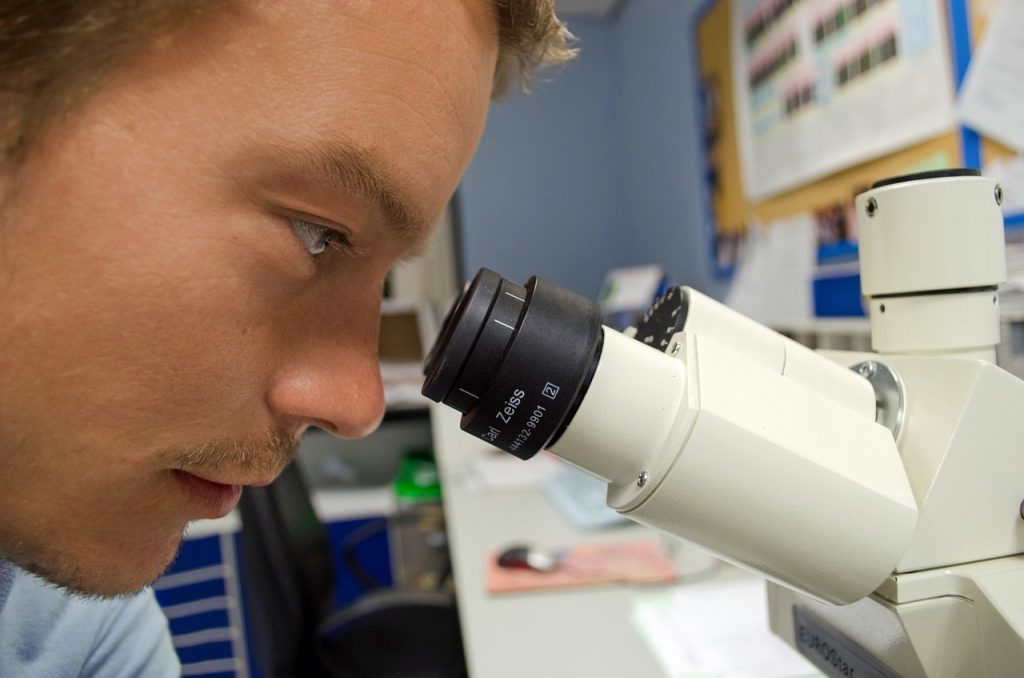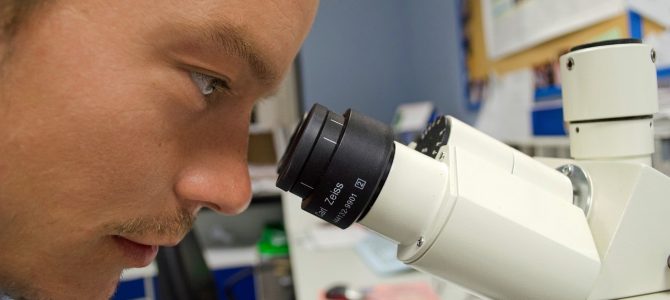
It is certainly not uncommon to hear about situations of when employees have tried to attempt to beat the workplace drug tests. The most common way we hear of this happening is the switching of urine samples, with somebody of ‘clean drug free’ urine. There are three general ways that workers try to cheat a urine test and this is as follows.
Dilution: A diluted urine sample is when an individual has are much higher than average of water content. The aim in this case is to try and purify the urine sample as much as possible so the drug content is not so highly visible.
Substitution: This involves changing the donor urine provider that did not originate from the employee being tested body.
Adulteration: The term ‘adulterated specimen’ occurs when a urine sample has simply been tampered with or altered. Certain chemicals within the urine sample can either hide the presence of drugs or can even interfere with the equipment within the testing laboratory.
What complicates the matter further is the use of instant drug tests that are simply not 100% accurate and quite frequently fail in identifying levels of THC, the psychoactive component within marijuana. These levels would have easily been detected if they had been sent to a drug testing laboratory.
Oral fluid ‘saliva’ tests: Technology has advanced that workplace drug tests does not just consist of urine drug tests. Within recent years it has become more apparent that a drug saliva or oral fluid test can obtain better results.
There are many significant benefits of an oral drug test. Unlike urine, an oral fluid test can be undertaken in front of a witness that is present. When a urine drug test is taken, this can cause difficulties with the gender that is undertaking the test, and avoids any embarrassing situations such as individual having a bladder issue and not being able to urinate.
A saliva test has many additional advantages in that it can identify recent cannabis use and can detect the THC parent and metabolite. A urine sample has a complex connection with blood and primarily depends on an individual’s water intake whereas oral fluid reflects blood concentration.
